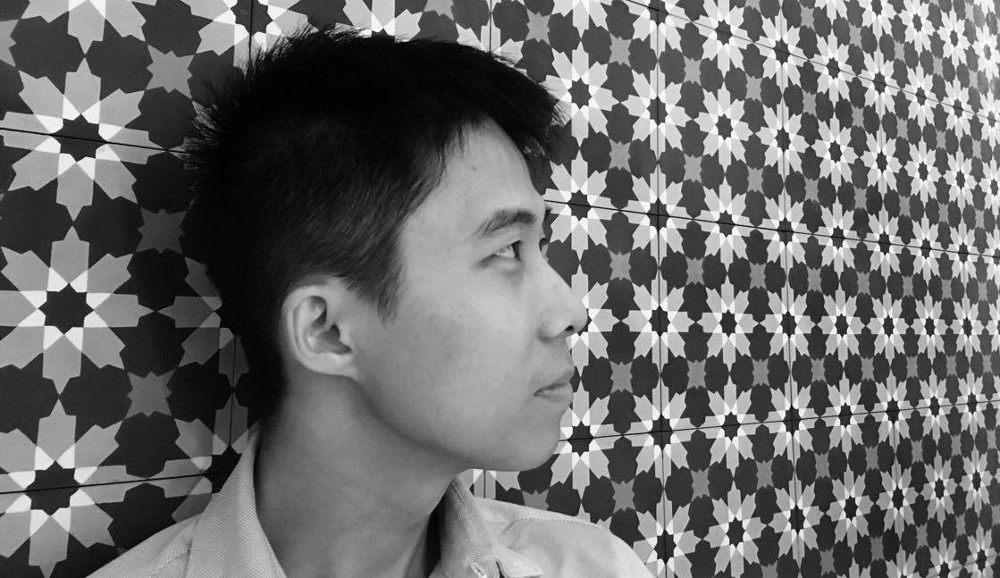Following our chat with Jocelyn Chng, we’ve decided to spotlight another one of our current Citizen Reviewers. This time, it’s Neo Hai Bin, who frequently switches between his role as a theatre critic and practitioner. In this interview, he talks to us about why reviews are crucial to the theatre landscape, and the challenges that he faces as a reviewer. If you’d like to apply to become a Citizen Reviewer for our 2017 cycle, we are currently accepting applications until 6 November – find out more about the open call and how to get involved here.
Why did you decide to join Citizens’ Reviews?
I’ve always been interested in the role of reviewers in our theatre scene. Theatre shows are ephemeral in nature, and it is not easy to be able to watch a performance on video, say, ten or 20 years later. But a reviewer’s words provide records for future academics, and also help future readers understand what the show was about, the context of the show, the artistic vision of the show, etc. Reviewers are very crucial to the arts scene. How they watch the play, how they approach the play, how they interpret the play for the audience – it is all very important. I [applied to join the programme because I] wish to understand more about reviewing work and what reviewing is about.
What had you hoped to get out of the programme?
I hope to be able to watch more theatre shows, and more variety of theatre show. But also because I am a theatre practitioner, and watching shows is crucial for my work and my growth as a practitioner. And then, to be forced to think about the show after that, to have to figure out my artistic preferences – that is all part of the journey of being a Citizens’ Reviewer. And I have to think about what kind of review I want to write, too. Do I want to review the directors’ work? Or to review the actors’ craft? Or to provide my readings of the signs and symbols that are in the play? These are all tough but good questions for myself.
As a reviewer who also performs, do you ever find those roles conflicting, or difficult to balance?
I want to say not at all, but looking back at my reviews, I find that I have a tendency to veer away from talking about the actor’s craft, probably because I am an actor myself. I realise that my reviews tend to provide my own reading and interpretations of the play. So what I have been doing, perhaps, is writing simply as an audience member, [rather than as an actor].
Which one of your Citizens’ Reviews pieces are you most proud of, and why?
I don’t have any I am proud of yet, really, I am still learning. I have a lot of questions for myself that are unanswered, and I am still searching and discovering.
What advice would you give to aspiring reviewers?
A theatre work is collaborative in nature, and does not just stop after the show is staged. The reviewers continue to work after the show ends. They help the audience and the public to carry on the dialogue and discussion of the play. And this is crucial for both the artists and the public, so that we keep growing and maturing. So any discussion about the arts does not end with the reviewers’ reviews, and I think that is very important. Reviewing, therefore, is a very big part of the entire artistic process. From the outside it looks like a pool, but as I wade in, I find myself treading water in such a deep abyss. I need advance diving tools to help me. I need to be more equipped to discover more, and to learn more.
Interview by Gwen Pew on 29 October 2016
Find out more about the Citizens’ Reviews programme here.






